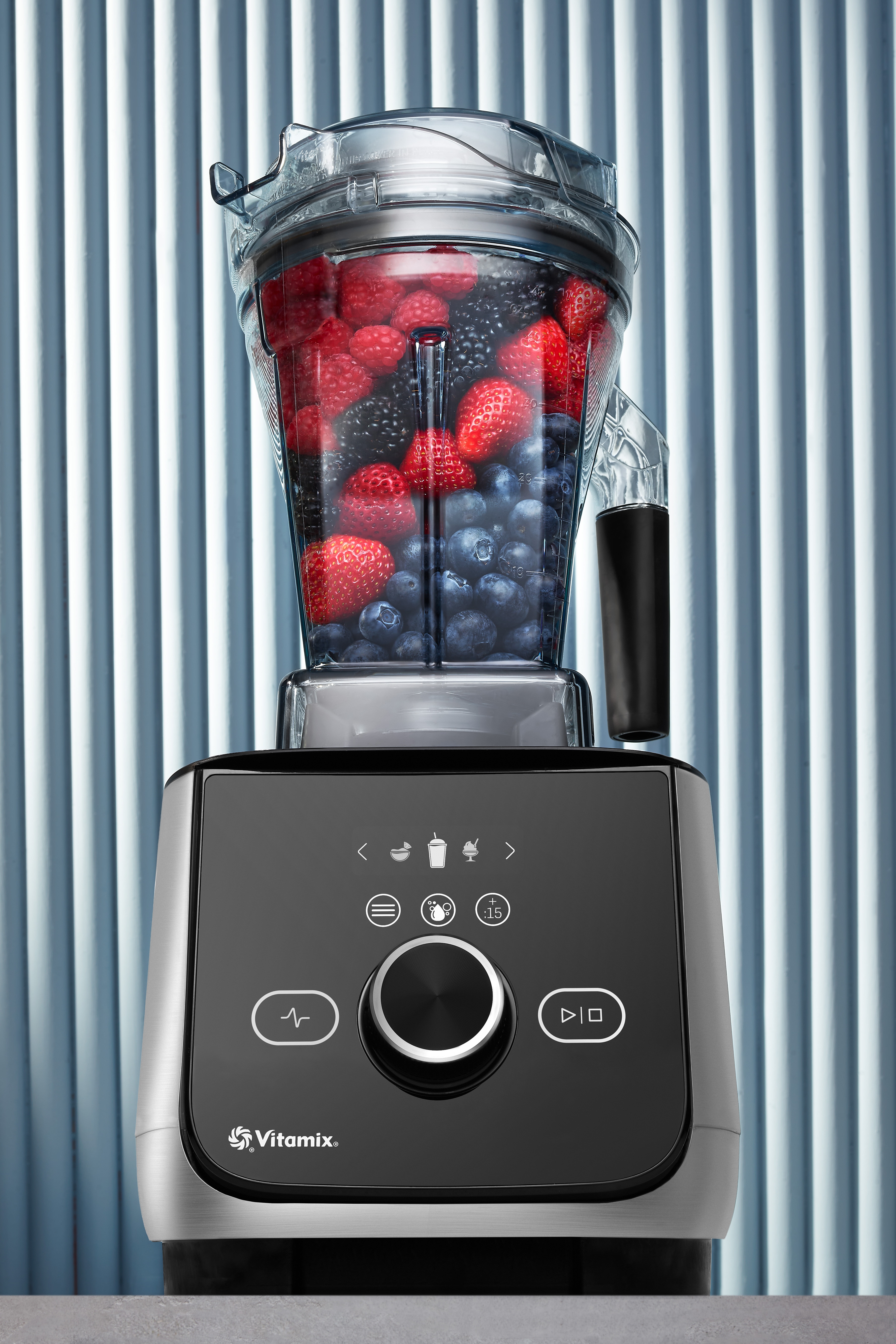Supplier selection is one of the most important processes you'll have to go through as a restaurant owner. The right suppliers can help you increase profits and run a smooth operation, while doing business with the wrong suppliers can harm your restaurant's success. As you choose who will fill this crucial role, here are some things to keep in mind.
Selecting the Right Supplier
While there's no one-size-fits-all solution when it comes to choosing the right vendor, there are three general rules to follow and keep in mind:
- Less Is More: Whenever possible, consolidate your purchasing to as few vendors as possible. This sounds obvious, but oftentimes, new restaurant owners or managers inherit legacy vendor relationships. Take time to assess all the vendors you're working with, and don't settle just because that's how things were done in the past.
- Price Isn't Everything: Unfortunately, great service isn't cheap, and if you use pricing as a determining factor for selecting your vendors, you'll often get what you pay for.
- Remember Food Safety: Whether you're ordering broccoli or filet, it all eventually ends up in your guests' mouths. Take a look around your suppliers' trucks, facilities, and offices to determine whether they take food safety and cleanliness as seriously as you do. Look for any issues with temperatures, make sure food is being stored properly, and check out the personal hygiene of their employees.
Building a Great Relationship
Depending on your concept, purchasing locally might be important to you. However, if you have vendors who aren't locally owned and operated, make sure you receive some level of local service via a sales representative. This is one the most important relationships you can develop as a restaurant owner or manager.
While it's true that you're the customer and the supplier's role is to serve you, try not to take advantage of this relationship. Your sales representatives are often paid a commission on your account and they have the ability to adjust prices in order to make their commission. If they have a hard time working with you, they may make you pay more than if your interactions are always pleasant.
If you want low pricing and a great relationship with your supplier, work with them to create a prime vendor agreement or managed distribution agreement (MDA). Simply put, this is an agreement between you and your vendor which states that in exchange for your loyalty, they will give you their best pricing. An agreement will often say that if you purchase X percentage of products in a certain category from the vendor, they will give you pricing that is X percentage above their purchase price.
Considering Other Determining Factors
Here are a few more factors that are worth considering:
- Delivery Schedules: Not all vendors will deliver what you need at a time that's best for you, so make sure to ask about their flexibility when searching for the right vendors for your restaurant.
- Minimums: Make sure you're able to reach your suppliers' minimums based on how often you will need products.
- Payment Terms: This can be a huge factor when considering your options, so always work with your suppliers to get payment terms or cash discounts that work best for you.
- Additional Services and Discounts: In an effort to stand out from the crowd, most suppliers form partnerships with other suppliers that can be beneficial to you. Check to see what services your suppliers offer for free and which discounts you can expect from their partners.
- Technology: Not all vendors and suppliers have the technology capabilities you need to run your restaurant as efficiently as possible. If a streamlined process is important to you, make sure they are able to categorize your invoices properly and offer online ordering options.
- Cash and Carry: An advantage of purchasing products from a cash-and-carry vendor is that you can save some cash on your gross purchases. However, when using this type of supplier, make sure you're aware that availability, selection, and the risk of transporting food on your own are all things you need to consider.
When selecting a new supplier, think about these factors and ask yourself if investing in a partnership with the vendor you're considering is worth it. After all, a great vendor is a partner in your business, not just a supplier.
Related Articles

Food Cost Formula and Other Tips You Should Know
Here is a food cost formula and other tips to help you make the most of your inventory and boost your bottom line.

Menu Design 101: Is Your Restaurant's Menu the Right Size?
When it comes to menu design, here are some tips and considerations to think about when planning the size of your menu to maximize profits.

NRA Show 2016 Takeaways: New Technology, Modern Equipment, and Ways to Cut Costs
Here are a handful of key takeaways from the 2016 NRA Show.



